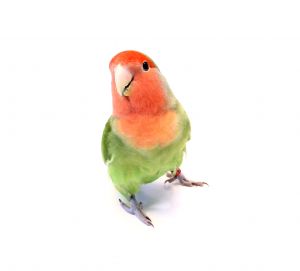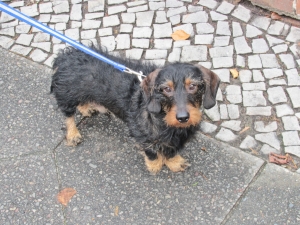 That adorable baby bird you purchased at the store may be very sweet as a youngster but may turn into the equivalent of a rebellious teenager after it grows in both size and confidence. Parrots that are kept as pets can be lovable companions, showing off their intelligence while being easily handled by their owners, but others may become quite nasty if not properly cared for.
That adorable baby bird you purchased at the store may be very sweet as a youngster but may turn into the equivalent of a rebellious teenager after it grows in both size and confidence. Parrots that are kept as pets can be lovable companions, showing off their intelligence while being easily handled by their owners, but others may become quite nasty if not properly cared for.
The Reasons Why Some Parrots are Angry or Mean
Parrots are highly intelligent creatures who are keenly aware of their environment and their relationships with their human companions. When not given the right care and attention, they can lash out at their owners or even become bored and depressed to the point that they begin to abuse themselves. Self-mutilation, especially in the form of plucking out their own feathers, is quite common among parrots who are truly unhappy or who aren’t kept in a healthy environment.
The Right Cage in the Right Place
One of the first things you should do before getting a parrot as a pet is determine where the cage will be placed. Because parrots are so social, you want the cage to be in a room where people tend to spend a lot of time. The kitchen, however, isn’t a healthy spot for a parrot because the temperature will fluctuate too often as you prepare meals with your stove and oven.
A parrot who is alone in its cage really needs to get plenty of attention from its human “flock,” but also needs to have at least 10 hours of uninterrupted sleep in the dark overnight. Covering the cage with a blanket is a great way to give your bird the security and darkness it needs to rest, even if you still need to keep the lights on in the room, but an area of your home that’s quiet at night is really best for the health and happiness of your pet.
Finally, the cage itself should be large enough for the bird to have plenty of space to move around, play with toys, climb, and stretch its wings.
Sunlight is So Important
Many pet owners don’t know that parrots need ample amounts of sunlight in order to be healthy and happy. Placing the cage in an area that receives unfiltered sunlight or setting up full spectrum light bulbs over the cage will ensure adequate exposure to UVA and UVB rays that are necessary for the production of vitamin D that maintains bones and prevents many avian diseases.
When Good Birds Go Bad
If your bird begins screaming, biting, or behaving aggressively towards you, it could be a sign that it’s unhappy, lonely, or depressed. Ask yourself if you’re spending enough time with your bird every day. Talk to your bird, let it out of the cage for a couple of hours each day to play with you or to hang out on a parrot play stand. Make sure the animal always has clean water and highly nutritious food available and that it feels safe and secure in your home, as fear can definitely be another cause of angst. Once you have taken these steps, you should see a gradual, positive change in your bird’s behavior.





